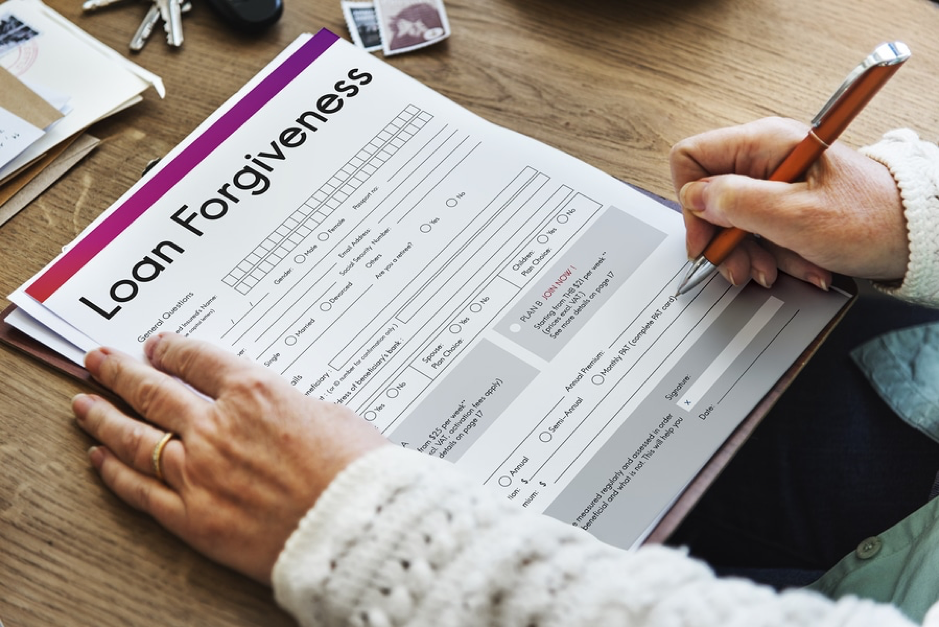Loan deferment is the process of putting your loan repayments on hold during uncertain times. Today, many people avail quick loans to meet their financial goals and obligations. With money loan apps and online lending facilities, the use of personal loans has increased manifolds. But unfortunately, many Indians lack the basic knowledge needed to manage their loans. This has led many into a debt trap where they miss their payments and end up paying much more than what they borrowed.
One of the tools that you can use to avoid such a situation is loan deferment. In a loan deferment, you can request your lender to allow a pause on your EMI payments because of an unforeseen circumstance like job loss, natural calamity or a pandemic.
Personal loan deferments are normally only granted to borrowers who can prove that they are struggling financially and cannot make their loan payments. For instance, if you have taken a loan through a money loan app and having trouble paying the EMIs, you can get in touch with your lender to check if there are any possibilities to postpone payments.
What is loan deferment?
Loan deferment enables you to delay your loan repayment for a certain period of time. Depending on your loan type (personal loan, instant loan, quick loan, cash loan, etc.), your circumstances, and the options your lender gives, a deferral term might run anywhere from one month to years.
What Is the Process for Loan Deferment?
You’ll need to contact your lender to request a personal loan deferral and discuss your unique circumstances to determine your eligibility. While not all lenders will provide a personal loan deferral, many will work with you if you’re having trouble making payments.
Let’s assume you choose a 6-month personal loan deferral, in which case your entire loan term will be increased by 6 months. If your previous tenure was 60 months, choosing the moratorium term will result in a new tenure of 66 months. You should be aware that regardless of the length of the moratorium period you pick, you will still be required to pay interest on the outstanding loan balance.
You are not breaking the terms of the loan agreement when you delay payments or lengthen the loan’s term. Following straightforward procedures, anyone can choose the personal loan deferment option from their lender.
Will Interest Accrue on the Loan During Deferment?
In most cases, interest will accrue during your period of deferment but this also depends on your lender and the situation you are in. During the COVID-19 emergency, banks allowed deferment without accruing the interest.
But in most cases, your EMI gets postponed during the deferment period, but interest is accrued on the outstanding balance. Let’s examine how personal loan deferral may affect your financial situation.
Suppose you have availed a loan worth 6 lakhs through a money loan app, with a 5-year term at a 14% annual interest rate. For the past two years, you have been making EMI payments. What will happen to your payments if you take advantage of a moratorium term of, say, three months?
- Loan Amt – 6 lakhs
- Int. Rate – 14% p.a
- Tenure – 60 mths
- EMI Amount – 13,961
- Int. Outgo – 2,37,657
- Principal o/s – INR 4,08,482
- Deferment – 3 mths
- Int. Outgo during the deferment Period – 14,296
- Renewed Principal – 4,22,779
You can see how paying the additional INR 14,296 in interest during the three-month moratorium period would raise the amount of outstanding principal owed to you. Therefore, you should decline the personal loan deferment option and continue making your regular EMI payments if you don’t want to increase your interest load after the moratorium period ends. Before making a choice, you should consider whether you will be able to afford the additional payment in the future.
Do Personal Loans Have An Impact on Your Credit Score?
Your credit score shouldn’t be negatively impacted if your lender permits personal loan deferral. Each month, lenders usually record payments to credit agencies. However, if you decide to postpone your personal loan instalments, the lender will record it as postponed rather than late or skipped, so your credit score won’t be negatively impacted.
Conclusion
Loan deferments are normally only granted to borrowers experiencing financial hardship, such as a sudden medical or national emergency, or job loss. You must communicate with your lender and explain your position to receive a loan deferral.
Applying for a personal loan deferral may comfort those facing a financial crisis. However, the interest portion will continue to accrue. Hence, your loan amount will increase due to deferral. Hence, you must decide very carefully if you want to opt for personal loan deferment or not.
